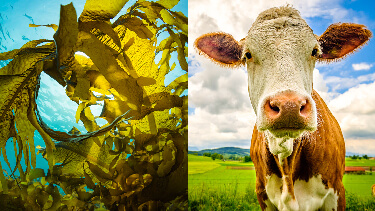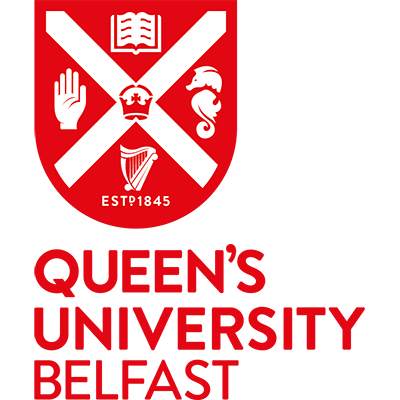The Food Fortress

Sponsored by

The Food Fortress- From a crisis to the formation of an innovative food quality assurance scheme
The Food Fortress scheme developed by researchers at Queen’s University Belfast is recognised internationally as a World-leading risk management and feed quality assurance scheme.
Contamination of animal feedstuffs and the consequences for animal and human health are well recognised. The island of Ireland imports millions of tons of feed materials from across the world and as supply chains became more complex, this results in increased potential for accidental and intentional contamination.
The 2008 dioxin crisis, in which Irish pork were contaminated through their feed with this highly toxic chemical, resulted in approximately 30,000 tonnes of pig meat product being recalled and destroyed. Additionally, over 170,000 pigs and 5,700 cattle from farms that received contaminated product were culled on a precautionary basis. The contamination was eventually detected by the national monitoring programme leading to multiple farm closures, major animal welfare issues and a global recall of Irish pork, resulting in the loss of an estimated 1,800 jobs. The incident was estimated to have cost the economy of island of Ireland over €120,000,000
Professor Chris Elliott and his team at Queen’s were approached by the feed sector to identify ways of preventing the occurrence of such catastrophic feed-related contamination in the future.
Queen’s University leads an intensive research programme to develop, validate and implement innovative techniques to detect and monitor a broad spectrum of feed-related contaminants, which when incorporated within a risk-based sampling approach, providing a supply chain-wide quality assurance scheme.
The ‘Food Fortress’ scheme was launched by Queen’s as a pilot in 2014 with 19 large animal feed companies involved.
Spectroscopic techniques, coupled to chemometrics for screening of feed adulteration were implemented, which later led to the development of rapid and portable Near Infrared-based spectroscopic tools, enabling the low-cost detection of contaminants and toxins.
By 2019, 5,000,000 tonnes of animal feed (Value: £1.25billion), supplied by 80 member companies were tested, including companies from the Republic of Ireland and the United Kingdom.
Advances in the capability of mass spectrometry to detect feed-associated contaminants have also been exploited to develop a multi-mycotoxin analysis methodology which Northern Ireland feed industries and processing sectors rely on to determine mycotoxin risks.
The Food Fortress scheme is now based on a range of analytical techniques and tests developed within the Institute of Global Food Security at Queen’s, based on animal feed safety and using innovative High Resolution Mass Spectrometry-based metabolomics.
We’re committed to making a meaningful impact on the world. A community of innovators, disruptors, and change-makers, we’re working with industry to broaden our translational impact to help tackle the global challenges of our age. Read more about how our research shapes worlds.
Learn more about Queen’s University’s commitment to nurturing a culture of sustainability and achieving the Sustainable Development Goals (SDGs) through research and education. Read more here.